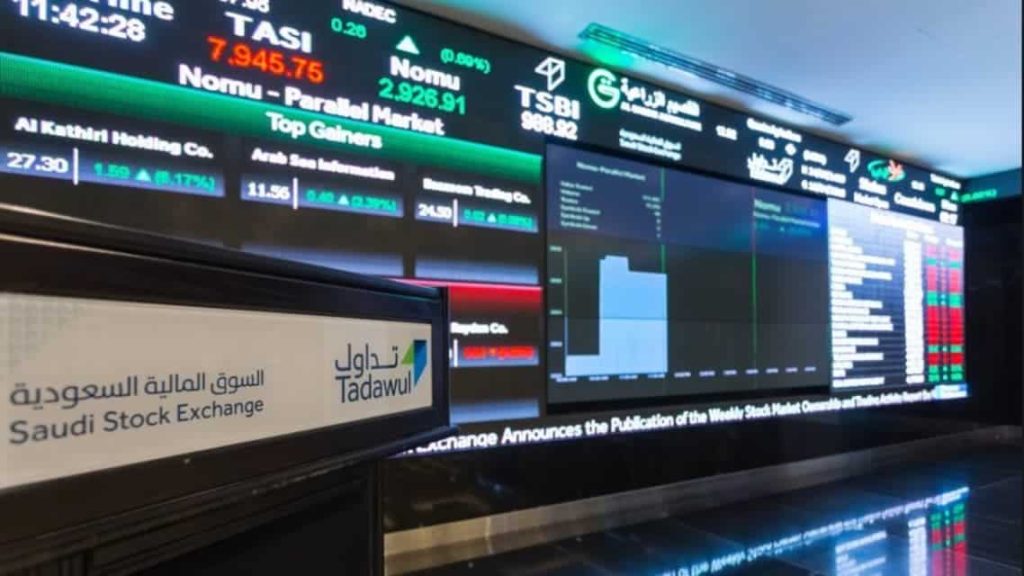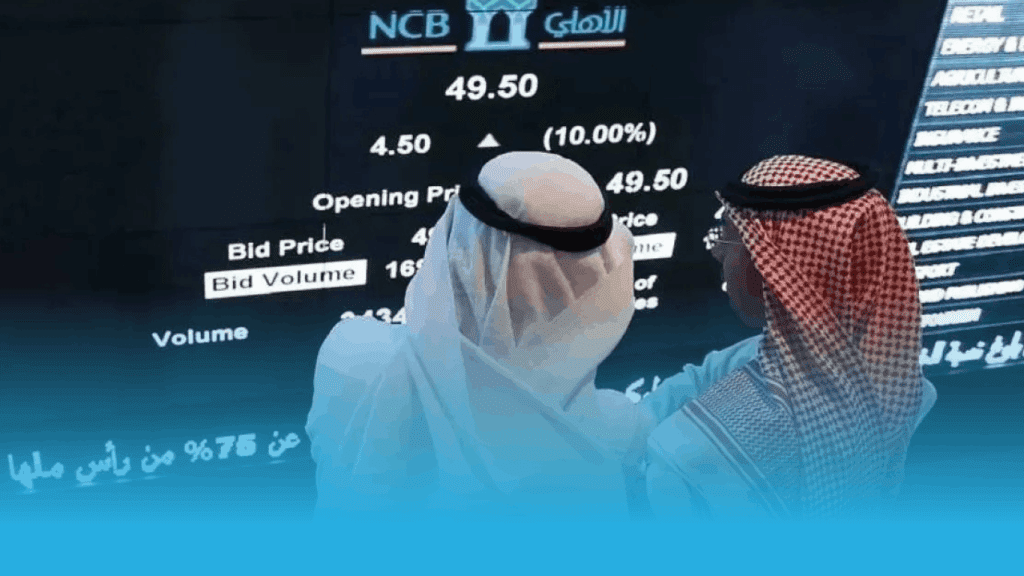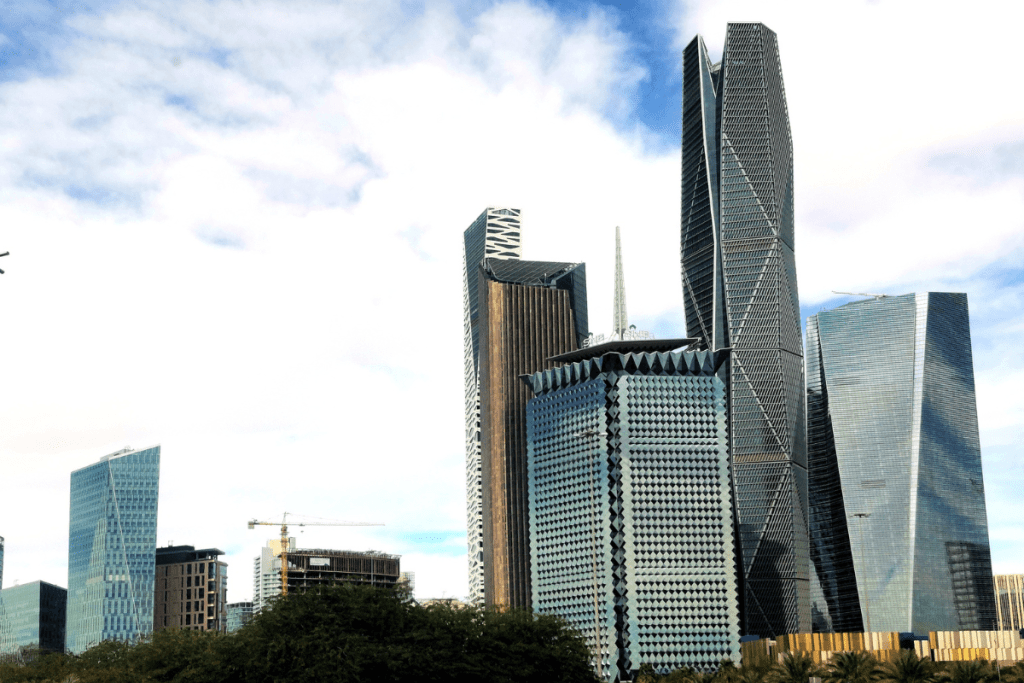
Dubai just took a major step toward reshaping how government land is managed—and the global investment world is paying attention. A new regulation, Law No. (6) of 2025, has been introduced, giving Dubai Municipality more control over how public land is allocated and used.
At its core, this law is about smarter, more strategic urban development. It supports the goals laid out in the Dubai 2040 Urban Master Plan, which focuses on building a more sustainable, well-planned city for the future.
Why Investors Should Consider?
If you’re considering real estate investment in the UAE, this is the kind of policy change you want to see. Experts say the law is a green flag for global investors looking for stability, clarity, and long-term growth.
“This law reflects the kind of strategic thinking that global investors appreciate,” said Farooq Syed, CEO of Springfield Properties.
Sankey Prasad from Colliers adds, “It reinforces Dubai’s position as a leader in sustainable urban growth.”
With this law in place, Dubai sends a clear message: it’s not just open for business—it’s building a city of the future.
The new law is designed to increase transparency, reduce risk, and give investors a clearer picture of land ownership and usage. That’s a big win for anyone putting money into the market from abroad.
Benefits for foreign investors:
Greater clarity and structure around land allocation
Improved market predictability
More trust in Dubai’s long-term development plans
This makes Dubai even more attractive to international property investors who seek strong returns in a stable environment.
Integration with Dubai Real Estate Reforms
The law complements broader real estate reforms introduced in recent months:
Dubai Land Department (DLD) has partnered with top developers to streamline real estate registration.
All property transaction data—sales, mortgages, valuations—is now publicly accessible online.
This push for data transparency builds trust and simplifies due diligence for investors.
These reforms work in tandem with the new land law to optimize land use while enhancing public-private sector collaboration.
How Developers and Public Entities Are Affected
For public sector entities, this means land isn’t automatically guaranteed—it must be justified with clear need and purpose. For developers, this brings more efficiency and greater access to land that was previously off the table.
If a plot is left idle or underutilized, Dubai Municipality can now step in. That’s a powerful motivator to ensure land is always used in a way that supports the city’s bigger goals.
Dubai’s new land law is more than just a policy change—it’s a sign that the emirate is thinking long-term and acting with purpose. By aligning land use with smart urban planning, Dubai is paving the way for sustainable growth, stronger investor trust, and a more dynamic real estate market.
For investors, developers, and public institutions alike, this is a step in the right direction—and a clear sign that Dubai property investment is only going to get more attractive in the years to come.
How Developers and Public Entities Are Affected
Dubai’s new land law marks a strategic pivot toward sustainable, structured, and investor-friendly urban development. By ensuring that government land serves public and private sector goals efficiently, the emirate strengthens its position as a top destination for real estate investment.
For investors, developers, and public institutions alike, this is a step in the right direction—and a clear sign that Dubai property investment is only going to get more attractive in the years to come.










